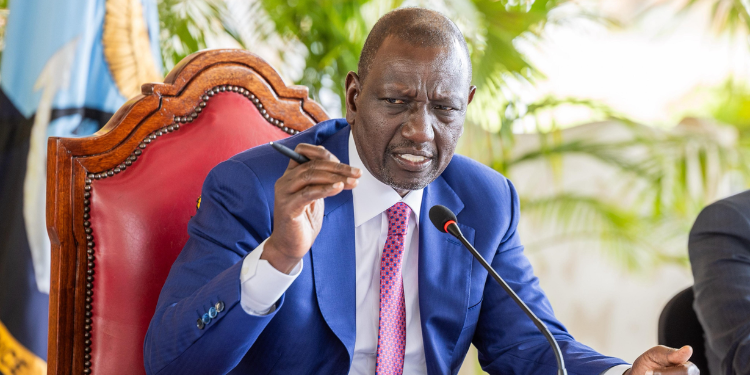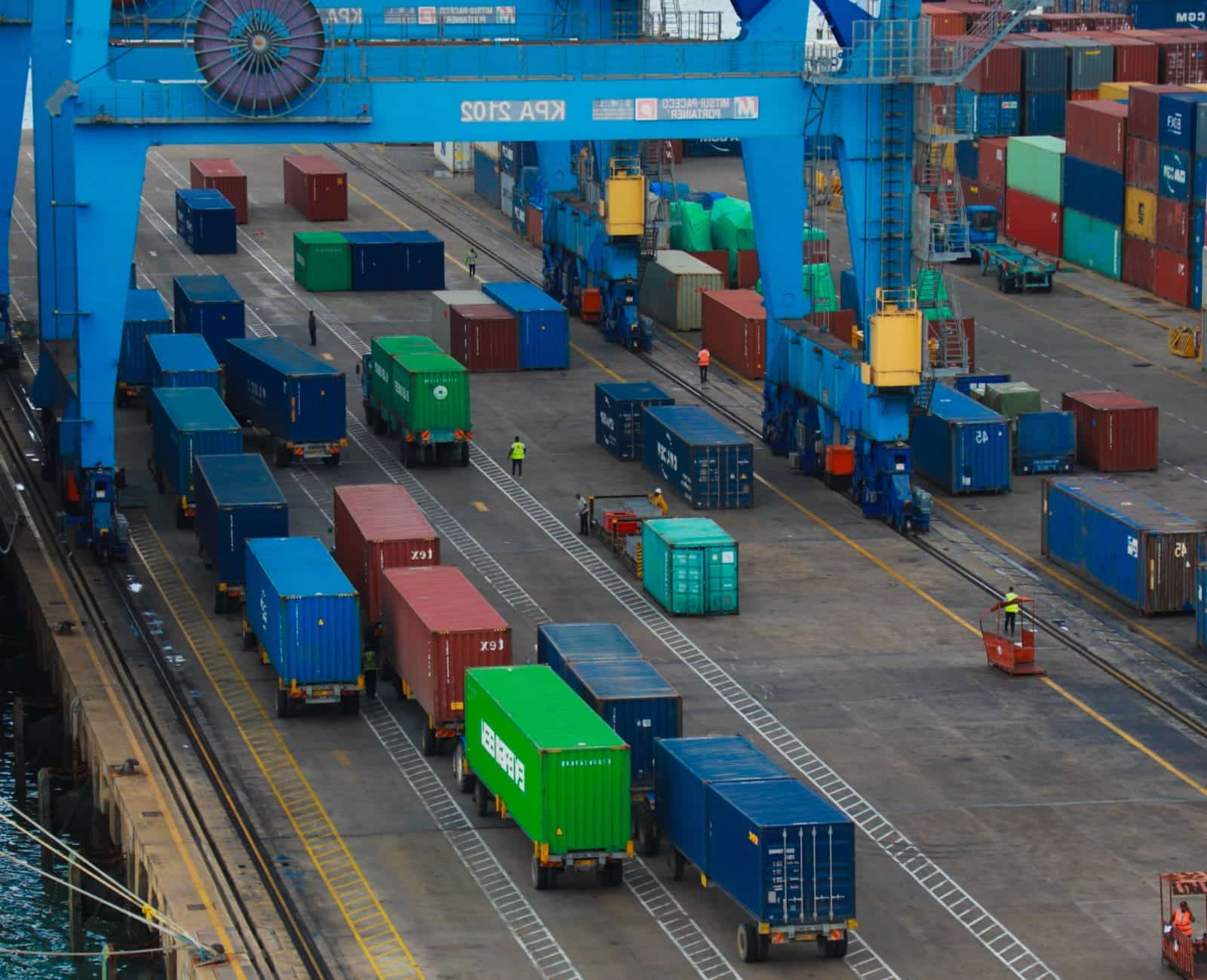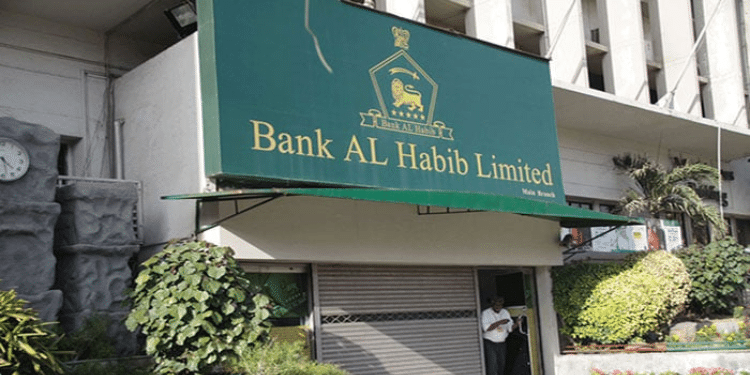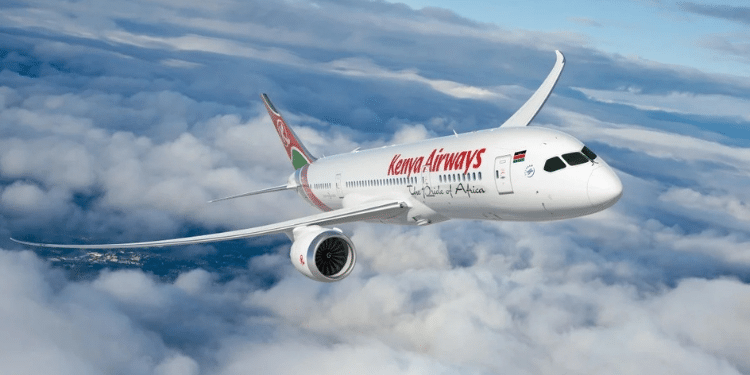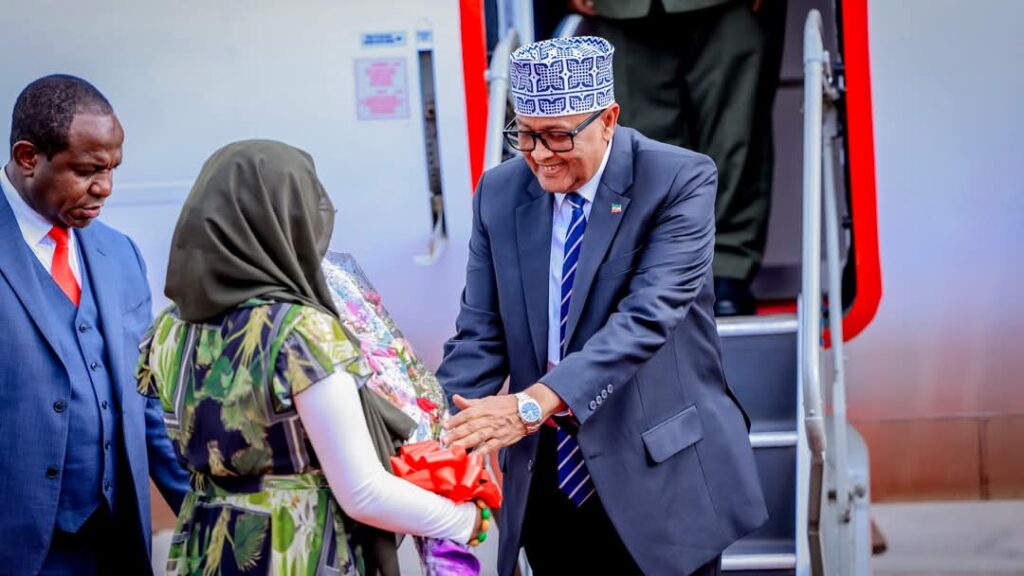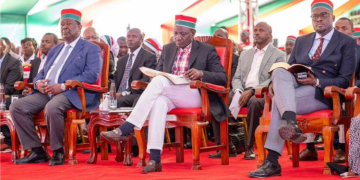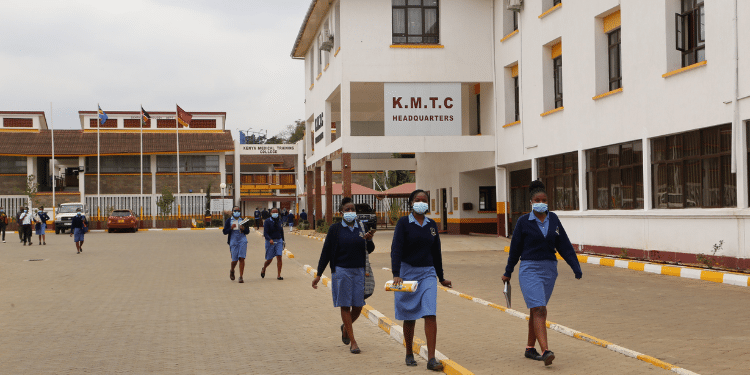In 2024, as the world grapples with the ongoing Russian-Ukrainian war, African nations find themselves at the epicenter of a growing food security crisis.
With wheat prices soaring by over 50% since the conflict began, millions across the continent face the stark reality of empty plates and economic turmoil.
This article examines the far-reaching implications of this geopolitical conflict on African economies and food security, highlighting the urgent need for innovative solutions and global cooperation.
The disruption of the global breadbasket
Ukraine, often referred to as the “breadbasket of Europe” due to its fertile black soil and vast agricultural output, plays a pivotal role in global food security. Before the conflict, Ukraine and Russia together accounted for approximately 30% of global wheat exports, with a significant portion destined for African countries. The war has severely disrupted this vital supply chain.

“The blockade of Ukrainian ports has created a perfect storm for food insecurity in Africa,” says Dr. Akinwumi Adesina, President of the African Development Bank. “We’re seeing a shortage of about 30 million tonnes of grains on the continent, pushing millions into hunger.” The Atlantic Council emphasizes that these exports are crucial for Africa, where many countries rely heavily on imported grains to meet their food needs. The destruction of agricultural infrastructure in Ukraine has led to a significant reduction in grain supplies, driving up prices and exacerbating food insecurity across the continent.
Russian-Ukrainian war Causes Economic Shocks Across Africa
The Russian-Ukrainian war’s impact extends beyond empty grain silos. African economies, still reeling from the aftermath of the COVID-19 pandemic, now face a triple threat of rising food prices, increased fuel costs, and tightening financial conditions.
A Computable General Equilibrium (CGE) analysis- a method used to estimate the economy-wide effects of policy changes- for Ethiopia indicates that the war has compounded existing vulnerabilities. “Our models show a potential 5% decrease in GDP growth and a 15% increase in poverty rates if the current trends continue,” explains Dr Alemayehu Seyoum Taffesse, a senior researcher at the International Food Policy Research Institute.
The rise in fuel and fertilizer prices has increased production costs for African farmers, further straining the agricultural sector. This situation is particularly dire in countries like Ethiopia and Nigeria. Ethiopia, heavily reliant on imported wheat, has seen a dramatic increase in food prices, exacerbating an already precarious food security situation. In Nigeria, the ripple effects are felt in the form of increased inflation and a weakened currency, further complicating economic recovery efforts. The plight of these two nations highlights the varying impacts across the continent, emphasizing the need for tailored responses.
Historical Context and Climate Change: A Perfect Storm
Africa has faced numerous food crises in the past, such as the 2008 global food crisis, which underscored the continent’s vulnerability to external shocks. The current situation is reminiscent of past crises; however, it is compounded by the ongoing conflict and climate change challenges.
“We’re fighting a war on two fronts,” says Josefa Sacko, Commissioner for Agriculture, Rural Development, Blue Economy, and Sustainable Environment (ARBE) of the African Union Commission. “The conflict in Ukraine has exposed our over-reliance on food imports, while climate change threatens our ability to fill the gap domestically.” Erratic weather patterns, prolonged droughts, and devastating floods are becoming more frequent across Africa. This undermines local agricultural production just when it’s needed most. This perfect storm of geopolitical conflict and environmental challenges has led to estimates suggesting a 30% increase in food insecurity due to the conflict, with projections indicating it could rise by an additional 20% if current trends persist.
Also Read: Ruto Calls Russia for Talks, Reveals How Ukraine Invasion Affects Kenya
Global Response and Innovative Solutions
The international community has responded to the Russian-Ukrainian war with various aid programs and policy changes. The World Food Programme has ramped up efforts to provide emergency food assistance, while the African Union is advocating for increased investment in local agriculture to reduce dependency on imports.
In the face of these challenges, African nations are exploring innovative solutions to build resilience.
- Climate-Smart Agriculture: Countries like Kenya are investing in drought-resistant crops and water-efficient irrigation systems. “By adopting climate-smart techniques, we’ve increased our maize yield by 30% despite erratic rainfall,” reports John Mwangi, a smallholder farmer from Nakuru.
- Regional Integration: The African Continental Free Trade Area (AfCFTA) is facilitating greater intra-African trade in agricultural products, reducing dependency on external sources.
- Digital Innovation: Mobile apps providing weather forecasts, market prices, and agricultural advice are empowering farmers across the continent. The World Food Programme’s “Farm to Market Alliance” initiative has connected over 150,000 smallholder farmers to stable markets.
- Diversification of Trade Partners: Countries are actively seeking new trade relationships to reduce dependency on any single region for essential commodities.
- Investment in Infrastructure: Efforts are being made to improve storage facilities, transportation networks and processing capabilities to reduce post-harvest losses and add value to agricultural products.
The Way Forward: A Call to Action
The Russian-Ukrainian war has laid bare the vulnerabilities in our global food systems. For Africa, the path forward involves not only addressing immediate food security concerns but also building long-term resilience to withstand future shocks. International cooperation is crucial. “We need a Marshall Plan for food in Africa,” urges Dr Agnes Kalibata, President of the Alliance for a Green Revolution in Africa.
“This isn’t just about humanitarian aid; it’s about investing in Africa’s capacity to feed itself and contribute to global food security.” As African nations navigate these turbulent times, the urgency of action cannot be overstated. The potential consequences of inaction—widespread famine, economic collapse, and social unrest—are too dire to ignore. Policymakers, economists, and international organizations must collaborate in crafting solutions that ensure food security and economic stability for all.
Also Read: Kenya to Sign Nuclear Deal with Russia
Conclusion
The crisis sparked by the Russian-Ukrainian war is not just a wake-up call but a call to arms in the fight against global food insecurity. This conflict has underscored the interconnectedness of global economies and the vulnerability of food systems to geopolitical conflicts.
It highlights the need for a more resilient and equitable global food network where no region is overly dependent on another for essential supplies. By investing in resilience, embracing innovation, and fostering global cooperation, this crisis can be turned into an opportunity to build a more sustainable and secure food system for Africa and the world. As the continent moves forward, it is crucial to address the immediate challenges but also lay the groundwork for a more resilient, self-sufficient, and prosperous Africa in the face of future global shocks.
Follow our WhatsApp Channel for real-time news updates:
https://whatsapp.com/channel/0029VaB3k54HltYFiQ1f2i2C







